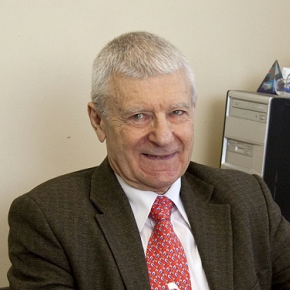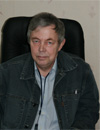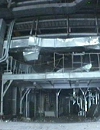 |
||
|
Moscow hails N.Korea readiness to resume six-party talks RIA Novosti, PUBLISHED July 23, 2011 Moscow hails North Korea's readiness to resume six-party talks on the country's controversial nuclear issue without any preconditions, Russia's top diplomat said on Friday. Topics: DPRK, South Korea, Russia Other news: U.S. lifts market restrictions against Rosatom Rosatom will no longer be required to get a special license from the U.S. Department of Commerce to cooperate with American companies. New chemical elements synthesized by Russian team recognized Element 114 was first synthesized in December 1998 by bombarding plutonium nuclei with calcium nuclei, which have 94 and 20 protons respectively. Russia lacks personnel to dismantle nuclear sites Russia is to decommission and dismantle 42 nuclear facilities by 2015 and 188 by 2020, Rosatom department head Yevgeny Komarov said. |
Hero of the day 
Georgy Toshinsky: Booming as a Driving Force to Trade (Reactors?) Not quite so. The authors of the concept, which was difficult to be realized in practice, turned to a clearer concept of a standing wave reactor (TP-1) that in principle allows finding the solution to the tasks stated for TWRs. INTERVIEW
Alexander Chistozvonov OPINION
Dmitry Kosyrev |

